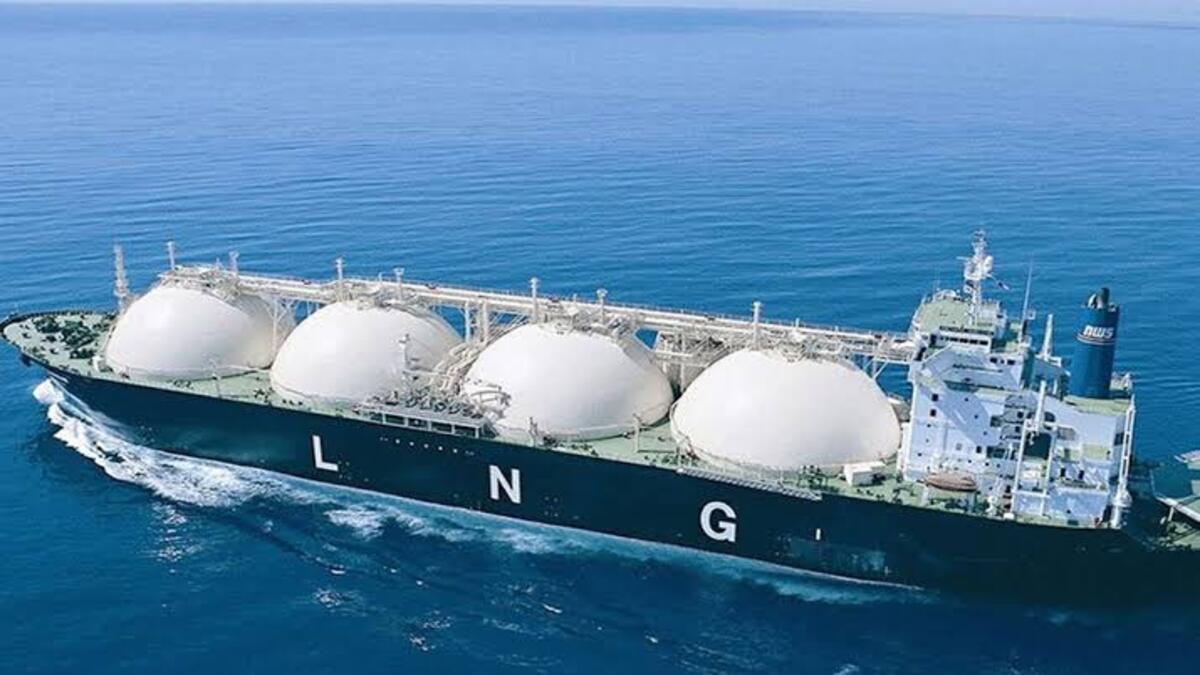Imported fuel dependence deepens power sector strains
BY Insider Desk
October 03, 2025

Bangladesh’s growing reliance on imported fuels has left its power sector increasingly exposed to global price volatility and supply shocks, a new study warns.
The International Institute of Energy Economics and Financial Analysis (IEEFA) reported that in fiscal year 2024-25, imports supplied around 65% of the country’s electricity, either as purchased power from abroad or fuel used in domestic plants.
This marks a 63% increase in fossil-fuel dependence since 2019-20, far outpacing the 43% rise in overall generation over the same period.
“The consequences are already visible,” said Shafiqul Alam, IEEFA’s lead analyst. “Dollar-denominated imports have forced Dhaka into difficult choices: rationing supply through ad-hoc load-shedding, or firing up costly oil-based plants to keep the grid stable. Meanwhile, some of the country’s most efficient gas-fired facilities sit idle, starved of fuel.”
Industrial users, frustrated by unreliable grid supply, have invested heavily in captive power systems since 2012. While some have introduced efficiency measures, many continue to operate outdated generators. IEEFA estimates industries could save up to 50 billion cubic feet of imported LNG annually by adopting heat-recovery technologies and modern equipment.
The growth of captive power has also diverted scarce gas from grid-connected plants, leaving efficient units idle while less efficient captive generators consume more fuel. Idle plants continue to incur “capacity payments,” raising costs and risking long-term damage from extended shutdowns.
With peak demand projected to hit 18,000MW in 2025, officials have imposed conservation measures, including restricting air conditioner use and tightening efficiency standards. Despite temporary relief from heavy rains, shortages of imported coal and gas triggered widespread load-shedding in September, with daily shortfalls averaging 404MW and spiking above 2,300MW at times.
Analysts say Bangladesh faces a critical choice: either enforce efficiency standards on captive power or strengthen the grid to reduce dependence on them. The decision will shape the country’s energy resilience as it prepares to graduate from least-developed country status in 2026.
Tags:
Most Read

Electronic Health Records: Journey towards health 2.0

Making an investment-friendly Bangladesh

Understanding the model for success for economic zones

Bangladesh facing a strategic test

Bangladesh’s case for metallurgical expansion

How a quiet sector moves nations

A raw material heaven missing the export train

Automation can transform Bangladesh’s health sector

A call for a new age of AI and computing
You May Also Like
